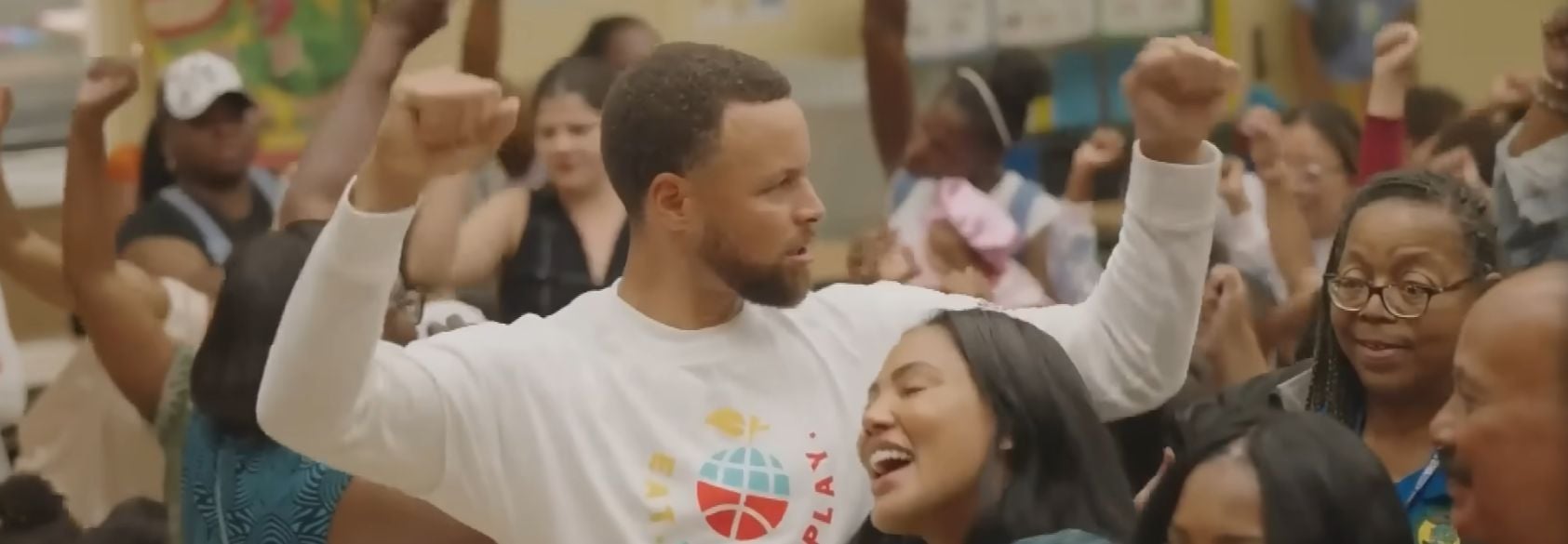“I can’t believe you just asked that when I’ve just gone over it three times!”
“If you don’t start working right now, you will regret it.”
“How many times do I have to tell you not to do that?
“You don’t have your homework? Again? What are you thinking?”
For frustrated teachers everywhere, choosing just the right words in the heat of the moment and in front of a sea of faces can be incredibly difficult. A teacher’s words, though, are one of the most important tools we have, not just to convey information but to encourage positive behaviors and redirect off-task students. The words we choose to use are one of the most effective means we have to form the strong connections we need with every student.
Our words are often far more powerful than we can ever imagine. Few of us can look back on our own school years without thinking about the words our teachers used with us. In fact, if you think of a teacher who made a positive difference in your own life, the chances are very good that you can fondly recall uplifting comments that inspired you to be a better student or even a better person. Unfortunately, the chances are also good that you can recall hurtful comments as well. After all, we teachers are humans—with plenty of imperfections despite our best intentions.
Now that the school year is finally up and running, it is important to keep in mind the power of our words, especially when we deal with students who struggle with academic or behavioral issues. While you can’t overlook unproductive behaviors, you can control how you respond to them.
Our difficult students are the ones who most often hear negative comments from the adults in their lives. Many of them eventually become immune to the barrage of frustrated language that is directed their way. These are the students who most need to know when they are doing something right. These are the students who desperately need a positive self-image when it comes to school. Instead of lashing out at them, rephrase your comments so that they’re helpful, not hurtful. For example, instead of saying, “I can’t believe you just asked that when I’ve just gone over it three times,” consider saying something like, “I’ve just gone over that. I bet you know more than you think you do. What can you tell me that you already know?”
You are the adult in the room. You are the one who is responsible for setting the successful tone that will encourage students to strive to do their best. Take a deep breath. Think carefully and deliberately about what you are going to say when you are frustrated with your students. Your words will linger far into the future.












